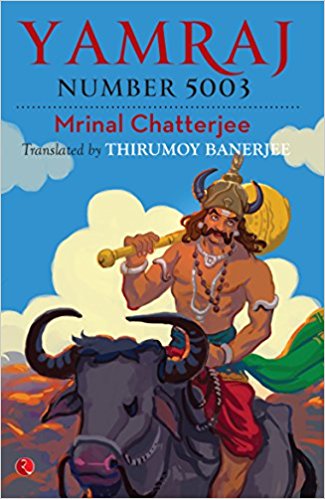In his new book, Dilip D’Souza exposes the absurdity of the persecution of Binayak Sen, says Kunal Majumder

SOME STORIES need to be retold. Binayak Sen’s is one of them, for it asks uneasy questions about our society, governance, even ourselves. In his aptly titled The Curious Case of Binayak Sen, Dilip D’Souza looks at the farce that is the sedition case against Sen for his alleged interaction with Maoists. He presents facts that throw light on the rot that exists at the core of the system.
In the very first chapter, D’Souza unapologetically explains that he is not attempting a biography. He cleverly builds a context through which Sen must be viewed before he is pronounced a hero, offering details like why Sen chose medicine, the various speeches and presentations he made and what he believed in as a doctor.
Examining the sedition case, D’Souza puts forth plain facts — emails, chargesheets and witness accounts to illustrate the absurdity of the charge made against Sen. For instance, D’Souza successfully punctures the Indian Social Institute and Chhattisgarh Police’s claims that there was no medical equipment in Sen’s house. These details, though intriguing, will be familiar to those who have followed the case closely. But then the truth lies in the details.

Binayak Sen
Dilip D’Souza
HarperCollins
192 pp; Rs 250
For D’Souza, Sen is the reference point for what he identifies as the two major setbacks for civil society. First, he mourns the loss of the desire for nation-building that informed the worldview of independent India’s first generation. Second, he is critical of the apathy of the urban middle-class towards social issues. For instance, no young doctor has volunteered to shoulder Sen or his colleague Saibal Jana’s responsibilities at their Shahid Hospital in Dalli-Rajhara.
I remember meeting the Sen family two years ago in Raipur when Binayak was sentenced. The family was calm, except for Dipankar, Sen’s Belgium-based brother, who wanted to take his nieces and sister-in-law out of the country. Each time, Dipankar made an offer, Sen’s wife Ilina turned it down. His family’s resilience and grace under pressure reflected Binayak’s own.
The Supreme Court granted bail to him in 2011. Far from being disillusioned, Sen, the man labelled a Maoist, continues with his humanitarian work. D’Souza’s book pays tribute to a man undeterred by a government’s blatant bullying.
Kunal Majumder is a Principal Correspondent with Tehelka.
kunal@tehelka.com




